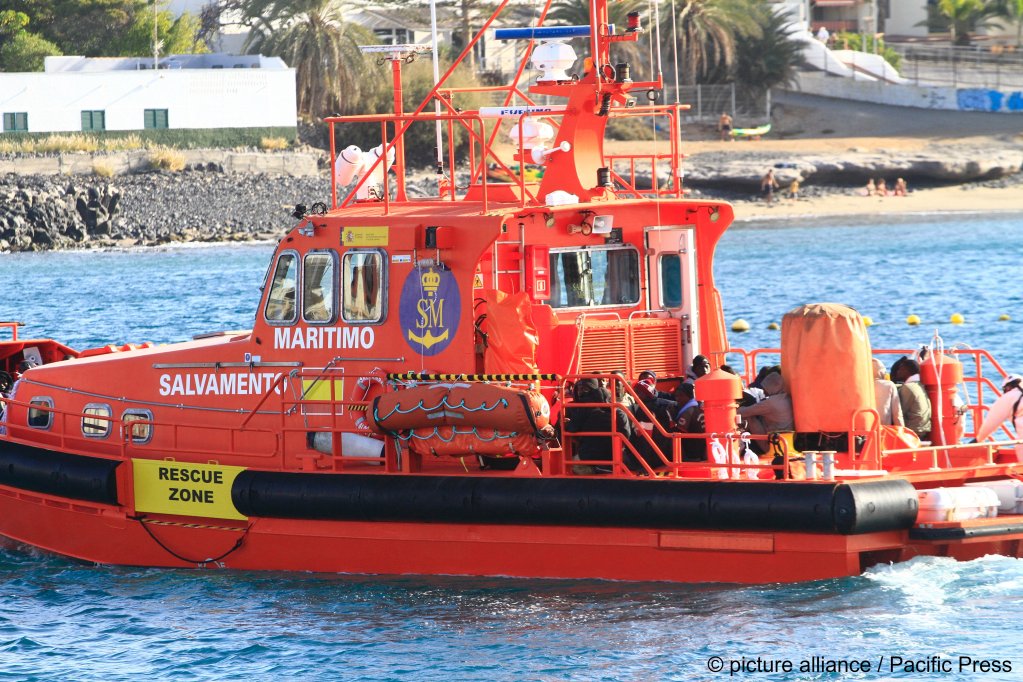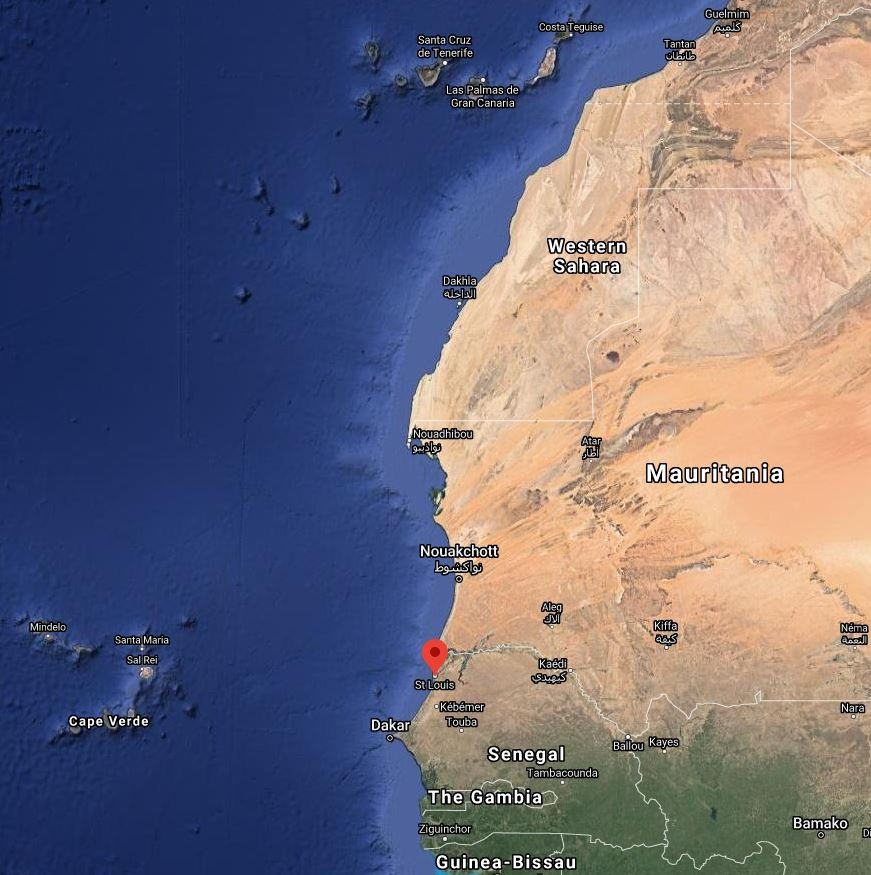Spanish police have arrested 16 survivors of a migrant boat rescued adrift south of the Canary Islands, on suspicion of violent acts and possible responsibility for dozens of deaths during the crossing.
A cayuco (wooden boat) was discovered on August 24 by a merchant ship more than 400 kilometers south of the Canary Islands after drifting for at least 11 days with a failed engine. Spain’s maritime rescue services brought 251 survivors to the port of Arguineguín on Gran Canaria. Witnesses said the vessel had set out with more than 300 people, suggesting that up to 70 may have died during the crossing.
On Tuesday, September 2, Spanish outlets including EFE and RTVE reported the arrests of 16 individuals among the arrivals, citing the National Police. The reports followed testimonies from survivors of the cayuco, who described both deaths from hunger and thirst as well as violence on board. Police said the investigation remains open and the final number of victims has not yet been confirmed.
Read AlsoOver 140 feared dead after shipwreck off Mauritania coast
Deaths at sea
According to survivor testimonies cited by RTVE, some passengers were thrown overboard alive after being accused of bringing "bad luck." Investigators are also examining whether those at the helm of the boat, and others who assisted them, could face charges of homicide and possible crimes related to deaths caused by hunger and thirst.

Images of the rescue show exhausted survivors, many on the verge of collapse, after nearly two weeks at sea with almost no food or water. Relatives and friends of the victims have called for justice on social media, where accounts of violence on board have circulated widely.
Police emphasized that the investigation remains open, with efforts focused on establishing how many deaths were due to neglect and how many may have resulted from deliberate violence.
Read AlsoOne dead, 19 injured and 3 missing after boat sinks off Mallorca
Pattern of violence
This is not the first time Spanish courts have investigated alleged killings during Atlantic crossings. In November 2024, police arrested seven alleged human smugglers at an emergency shelter on Tenerife, accused of killing four migrants on the high seas during a journey from Gambia to the Canary Islands.
According to Spain’s Civil Guard, the men, believed to be the vessel’s "captains," beat and killed four passengers to intimidate others on board after blaming one migrant for the ship’s difficulties. Survivors described the experience as "a real nightmare." The boat, carrying 207 people, eventually landed on El Hierro.
Read AlsoSpain: Canary Islands request more help from Frontex
Migration pressures on Spain
The Canary Islands remain one of the main entry points to Europe for migrants departing from West Africa. Spain received over 43,700 arrivals in 2024, according to official figures -- up from 36,000 the year before. The NGO Caminando Fronteras estimated that more than 10,000 migrants died or went missing at sea that year while attempting to reach Spanish territory.

The case has renewed focus on the risks of the Atlantic migration route, often described as one of the most dangerous sea crossings to Europe. Courts in the Canary Islands are already examining several incidents where superstition, fear, and desperation reportedly led to alleged violence during these long journeys. Investigators say that if evidence of deliberate acts on board the August cayuco is confirmed, those involved could face serious criminal charges.
Read AlsoCanary Islands begins transfer of minors to mainland Spain
With dpa and EFE
